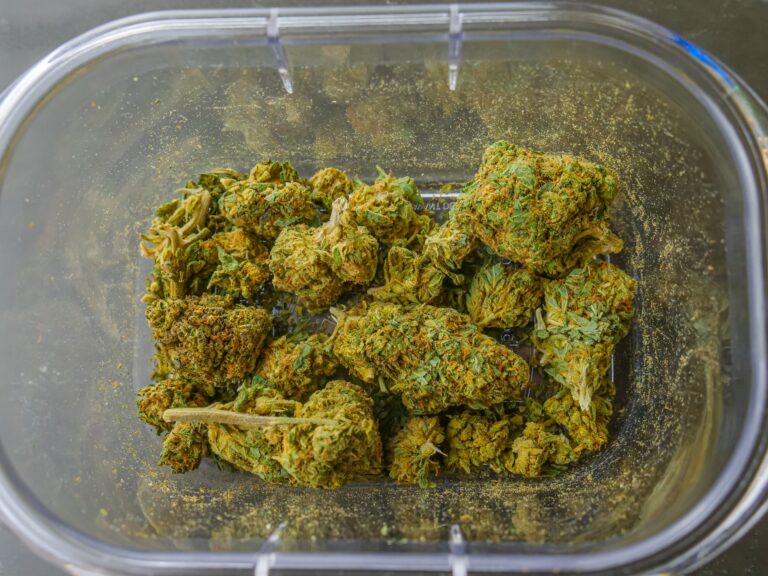What is the legal status of cannabis in Laos?
Cannabis is illegal in Laos. Despite its widespread cultivation and usage in the country, the Lao government has been actively trying to curb the production, sale, and consumption of cannabis since the early 2000s. The government’s efforts have been met with mixed success, as cannabis remains widely available and its use continues to be a part of local culture in many rural areas.
What is the public opinion on cannabis in Laos?
Public opinion on cannabis in Laos is diverse. Many people in rural areas consider it a part of their traditional way of life and use it for medicinal purposes, as well as in rituals and ceremonies. However, the Lao government and urban population often view cannabis use as a dangerous and illegal activity, leading to a disparity in opinion between different segments of the population.
What are the laws, penalties, and law enforcement regarding cannabis in Laos?
Under Lao law, the production, sale, and consumption of cannabis are strictly prohibited. Penalties for breaking these laws can be severe, with those found guilty facing hefty fines, imprisonment, and even the death penalty in extreme cases. Law enforcement efforts are primarily focused on large-scale cultivation and trafficking, with the police and military regularly conducting raids on cannabis farms and smuggling operations.
However, it is worth noting that enforcement of these laws can be inconsistent, particularly in remote areas where local authorities may be more lenient or even complicit in the cannabis trade. In addition, corruption and lack of resources can hinder law enforcement efforts, allowing the cannabis industry to continue operating in some regions.
What is weed called in Laos?
In Laos, weed is commonly referred to as ganja or kancha. These terms are derived from the Sanskrit word ganjika, which means cannabis. Other local terms for cannabis include phak bia and kancha lao.
What is the legal status of CBD in Laos?
There is currently no clear legal distinction between cannabis and CBD in Laos. As such, CBD products are also considered illegal under Lao law. However, given the growing global interest in CBD for its potential health benefits, it is possible that Laos may revise its stance on CBD in the future.
Is medical marijuana legal in Laos?
Medical marijuana is not legal in Laos. The country’s strict laws on cannabis make no exception for its medicinal use. Despite this, cannabis is still widely used as a traditional medicine in rural areas, particularly for treating ailments such as malaria, asthma, and dysentery.
Can I grow marijuana in Laos?
Growing marijuana in Laos is strictly prohibited under the law. Those caught cultivating cannabis plants can face severe penalties, including imprisonment and large fines. Even so, cannabis cultivation remains a significant issue in Laos, particularly in remote regions where enforcement is less stringent and local populations continue to grow the plant for personal use and sale.
What are the government laws and resources regarding cannabis in Laos?
The Lao government has implemented a number of laws and resources to address the issue of cannabis in the country. These include:
- The Penal Code: The Lao Penal Code outlines the various penalties for drug-related offenses, including those related to cannabis.
- The Law on Drug Control: This law provides a comprehensive framework for the prevention, control, and suppression of drug-related activities in Laos, including those related to cannabis.
- The National Drug Control Commission: This government body is responsible for coordinating and implementing drug control policies and strategies in Laos.
- Anti-Drug Campaigns: The Lao government regularly conducts anti-drug campaigns, often in collaboration with international organizations, to raise awareness about the dangers of drug use and promote drug-free lifestyles.
Despite these efforts, the illegal cannabis trade and usage continue to persist in Laos, highlighting the need for ongoing and adaptive strategies to address this complex issue.
